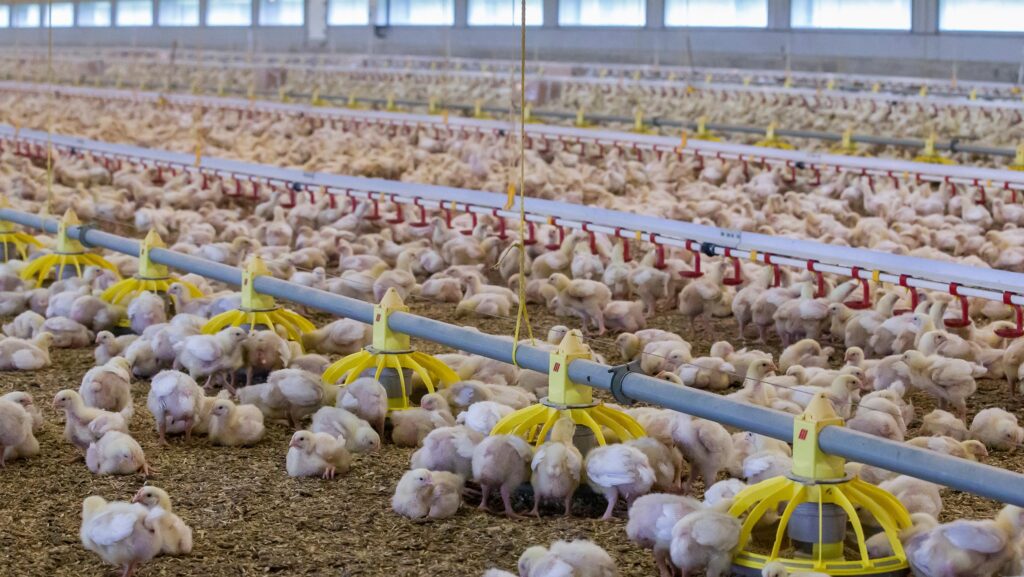Broiler farm planning consent to be reviewed in High Court
 © Gary Naylor Photography
© Gary Naylor Photography Campaigners opposed to the development of new broiler sheds on a Shropshire farm have been given the go-ahead for a judicial review in the High Court.
Shropshire Council granted planning approval last May for broiler grower LJ Cooke & Son to put up four more sheds at North Farm, Felton Butler, following a seven-year planning battle.
The new unit is designed to hold up to 230,000 birds and includes a biomass store as well as air-scrubbers to reduce emissions and odour.
See also: Lawyers seek compensation for poultry pollution in Wye catchment
Last July, local resident Alison Caffyn, who is a member of campaign group River Action, put in a claim for a judicial review, saying it was “imperative” to prevent clusters of poultry units from being built, to prevent pollution in the River Severn.
The High Court has now agreed to take another look at the planning approval, focused on two aspects:
- The failure to assess the effects of spreading manure and the emissions from burning biomass linked to the site
- The failure to impose a lawful planning condition on manure processing to avoid groundwater pollution
‘First step’
A statement from the complainant’s lawyer, Leigh Day, described the granting of an appeal as “a crucial first step”, but said it was disappointing the court was not also considering the impact of the development on habitats at nearby protected sites.
“The approach adopted has allowed industrial concentrations of poultry and livestock to be reared in highly sensitive countryside locations, with devastating impacts on local ecosystems,” said team solicitor Ricardo Gama.
But Shropshire Council insists its decision to grant planning permission at North Farm was made “having taken full account of the likely environmental impacts”.
“As part of the planning application process, technical advice was sought from consultees including the Environment Agency, Natural England and the council’s ecology and public protection teams,” a council spokesman said.
Emissions from the planned biomass boilers would have little effect on the environment, while the proposed development would not result in any manure being spread on land.
“It would instead be transported off-site to an anaerobic digester or other suitable disposal or treatment facility,” the spokesman said.
A date has yet to be set for the hearing.
